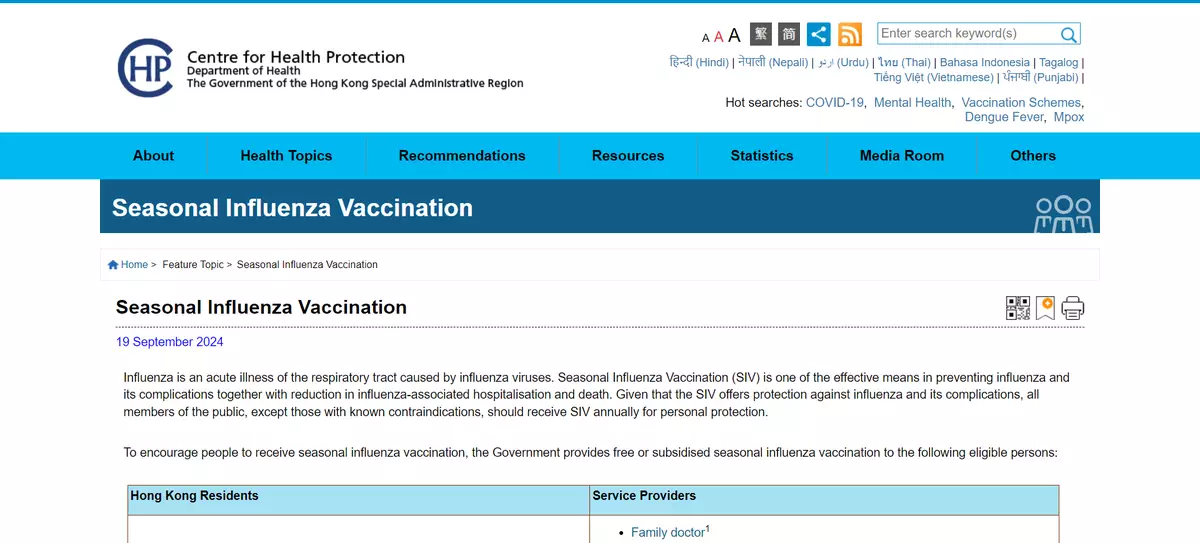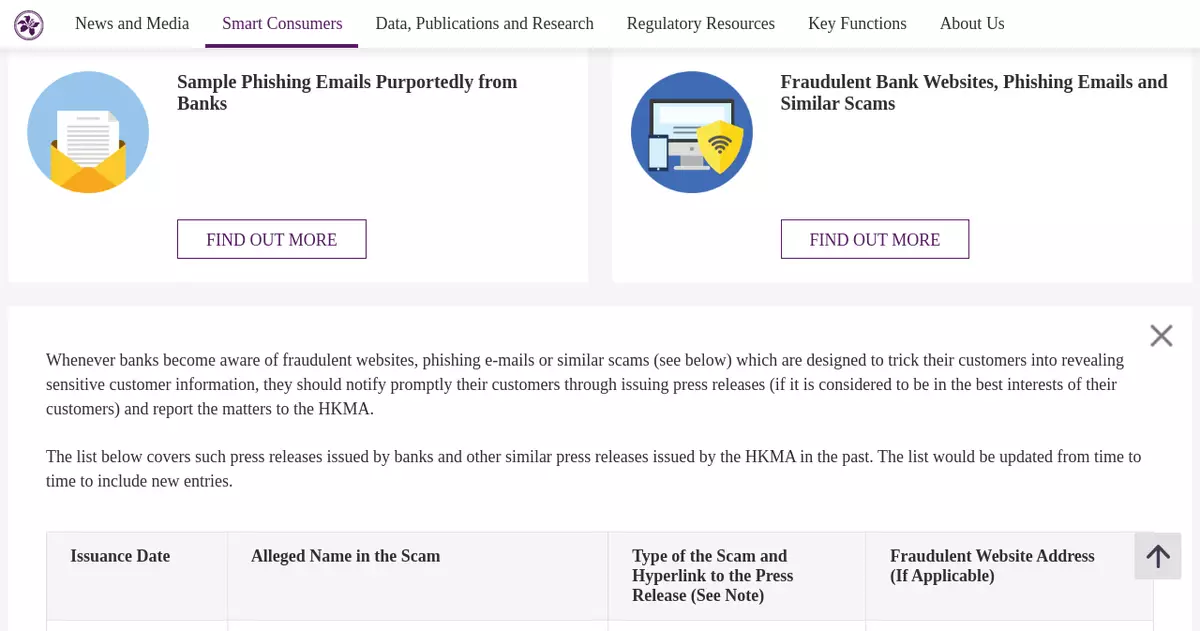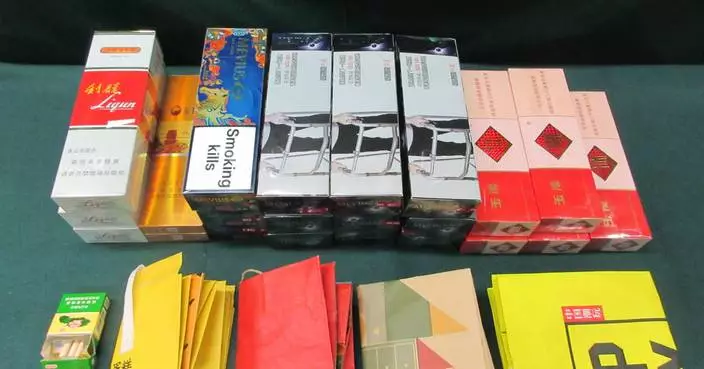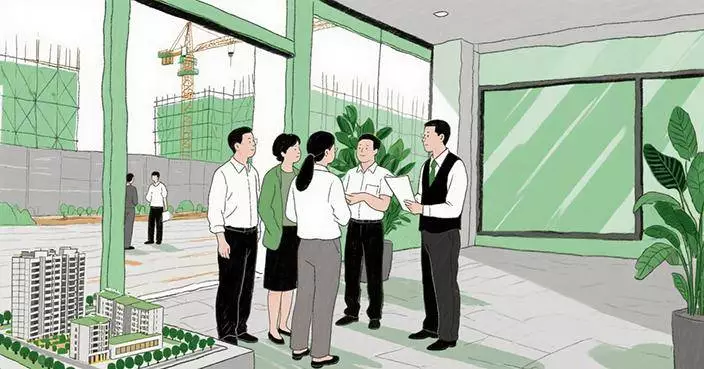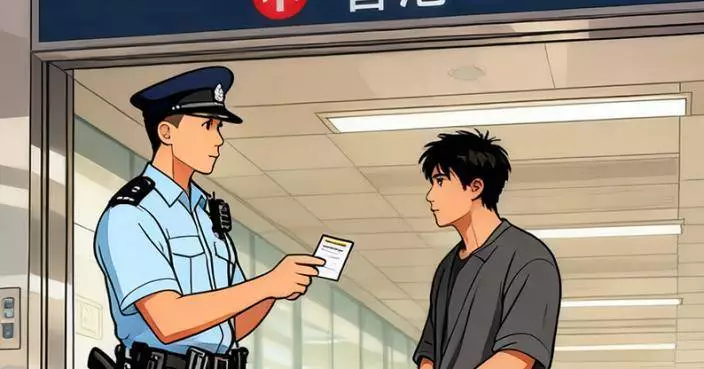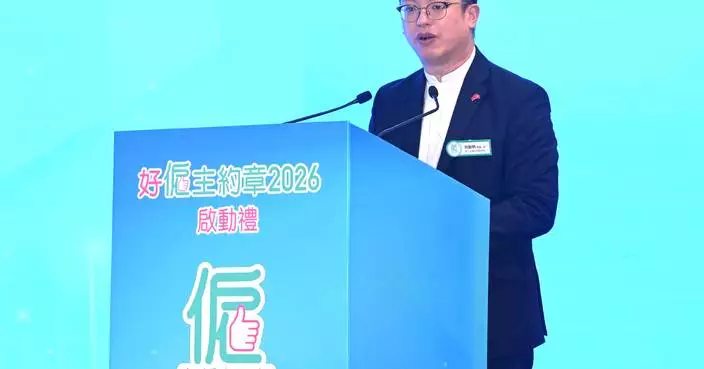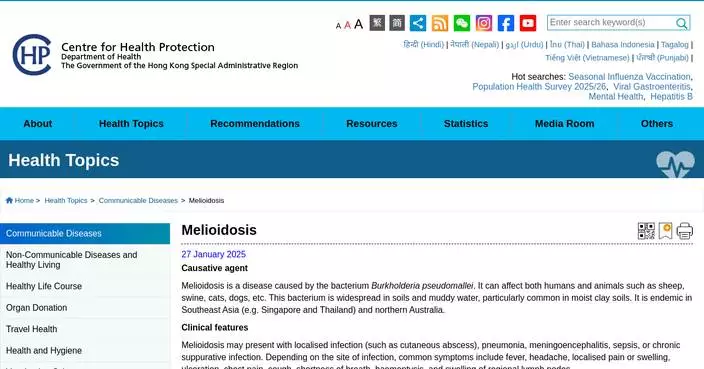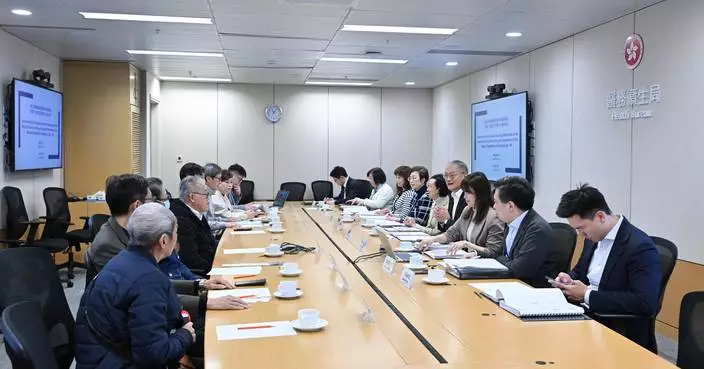2024/25 Seasonal Influenza Vaccination Programmes to start on September 26
The Centre for Health Protection (CHP) of the Department of Health (DH) today (September 19) announced that the 2024/25 Seasonal Influenza Vaccination Programmes, including the Seasonal Influenza Vaccination School Outreach Programme and the Residential Care Home Vaccination Programme (RVP), will begin on September 26. The CHP urged the public to receive the seasonal influenza vaccination (SIV) to better protect themselves during the coming influenza season.
The local winter influenza season usually starts in January, while the summer surge occurs from July to August. For the influenza season which started in mid-January 2024, it ended in late July, lasting for 28 weeks. The predominant virus was initially influenza A (H3), which later shifted to A (H1) as the season progressed. The CHP believes that this prolonged influenza season was due to changes in the circulating influenza virus strains.
According to the latest surveillance data on the percentage of respiratory specimens testing positive for seasonal influenza viruses and the influenza-related admission rate in public hospitals, local seasonal influenza activity currently remains at a low level. However, with the weather expected to become cooler, the CHP expects that local seasonal influenza activity will increase by the end of this year.
"SIV is one of the most effective means to prevent seasonal influenza and its complications. All persons aged 6 months or above, except those with known contraindications, are recommended to receive the SIV for personal protection," a CHP spokesperson said.
In the 2023/24 season, about 1 870 000 doses of seasonal influenza vaccines, an increase of about 20 per cent compared with the 2022/23 season, were administered under various programmes. The number of doses administered was a historical high with the concerted efforts of all stakeholders and parties.
Seasonal Influenza Vaccination Programmes
Under the Seasonal Influenza Vaccination Programmes for the 2024/25 season, the eligibility criteria for receiving free or subsidised SIV remain largely the same as in the previous season (Annex I). Eligible members of the public can receive free SIV at the following public venues. The recommended vaccination venues are as follows:
- Persons aged 50 years or above:
- General persons: Vaccination by family doctors or District Health Centres
- Persons with chronic illness: Vaccination by public or private clinics providing regular follow-ups
- Persons aged 18 to 49 years who are mentally handicapped/disabled or Comprehensive Social Security Assistance recipients with chronic illness: Vaccination by family doctors or public/private clinics providing regular follow-ups
- Children and adolescents aged 2 to under 18 years:
-General children: Vaccination through the Seasonal Influenza Vaccination School Outreach Programme or by family doctors
-Children with chronic illness: Vaccination by public or private clinics providing regular follow-ups
- Children aged 6months to under 2years: Vaccination by family doctors or Maternal and Child Health Centres (MCHCs)
- Pregnant women: Vaccination by family doctors, public, or private antenatal clinics
To make vaccinations more accessible this year, the Government will introduce additional vaccination venues, including the DH's MCHCs for all children aged 6 months to under 2 years, and 16 District Health Centres/District Health Centre Expresses, providing more choices for the public. For a list of vaccination venues, please refer to the CHP's Vaccination Schemes page.
Starting from 9am on September 23, parents of children aged 6 months to under 2 years may book an appointment for their children to receive vaccinations at designated MCHCs via the online booking system: https://booking.covidvaccine.gov.hk/forms/sivfhs/index_en.jsp.
Over 1 600 doctors have enrolled in the Vaccination Subsidy Scheme (VSS). The Government will provide a subsidy of $260 per dose of vaccination. Over half of the enrolled VSS doctors will not charge extra in addition to the Government's subsidy. For the list of VSS doctors, please visit: https://apps.hcv.gov.hk/Public/en/SPS/Search.
Seasonal Influenza Vaccination School Outreach Programme
Under the Seasonal Influenza Vaccination School Outreach Programme, secondary schools, primary schools, kindergartens, and child-care centres can arrange outreach vaccination teams to provide SIVs to schoolchildren. Schools may choose to join the Seasonal Influenza Vaccination School Outreach Programme (SIVSOP) and/or the Vaccination Subsidy Scheme (VSS) School Outreach Programme. Under SIVSOP, the DH will arrange vaccination teams to provide free SIV for participating schoolchildren. The vaccines will be provided by the DH, and a subsidy of $105 per dose will be given to doctors.
Schools may also arrange outreach vaccinations under the VSS School Outreach Programme by selecting a doctor and making arrangements for the outreach activity, including the type of vaccine to be provided. The Government will provide a subsidy of $260 per dose to the doctor. In addition to schoolchildren, other individuals such as school staff and students' parents can also receive SIVs during the outreach vaccination activity.
To improve vaccine coverage among schoolchildren, the SIVSOP has implemented the following special arrangements for the 2024/25 season:
- Kindergartens and child-care centres can choose both injectable inactivated influenza vaccines (IIV) and live attenuated influenza vaccines (LAIV) (i.e., nasal vaccines) for the same or different outreach vaccination activities.
- So far, 860 kindergartens and child-care centres have arranged vaccination activities for their schoolchildren.Among them, 246 schools will offer LAIV, seven schools will offer both LAIV and IIV, and the rest will offer IIV this year.
- As a pilot scheme, LAIV will also be provided to selected primary and secondary schools which indicated their preference forLAIV earlier this year. TheDH will continue to monitor and review the arrangement as appropriate.
Currently, around 860 kindergartens and child-care centres (79 per cent), 610 primary schools (92 per cent), and 380 secondary schools (75 per cent) have arranged vaccination activities for their schoolchildren. Based on local experience, participation in outreach vaccination programmes can significantly increase the influenza vaccination rate among schoolchildren by more than double, reaching an average vaccination rate of 70 per cent, effectively strengthening the immunity barrier among schoolchildren. The Government encourages schools that have not yet enrolled to sign up for the outreach vaccination programme as soon as possible.
Residential Care Home Vaccination Programme
Under the Residential Care Home Vaccination Programme, the DH will deliver vaccines for free to care homes. Visiting medical officers enrolled in the programme are invited by institutions to provide vaccination services to eligible residents. The subsidy will be $105 per dose. Residents and staff of residential care homes for the elderly and persons with disabilities, non-institutionalised persons with intellectual disabilities (PID) receiving services, staff working in designated institutions serving PID, and residents and staff of residential child-care centres can receive vaccination services from outreach teams starting from September 26.
The Scientific Committee on Vaccine Preventable Diseases (SCVPD) under the CHP has recommended that the composition of vaccines for the 2024/25 influenza season should align with the World Health Organization's latest recommendations. For details on the trivalent or quadrivalent influenza vaccines to be used in the 2024/25 northern hemisphere influenza season, please refer to the SCVPD's recommendations.
Both IIVs and LAIV are recommended for use in Hong Kong by the SCVPD. Depending on the brand, most IIVs are recommended for use in people aged 6 months or older, including healthy individuals, pregnant women, and those with chronic medical conditions. LAIV can be used for people aged 2 to 49 (except those who are pregnant, immunocompromised, or have other contraindications).
The public, especially those in the eligible groups, may call the CHP's enquiry hotline (2125 2125) during office hours or visit the CHP's Vaccination Schemes page for more information on the above vaccination schemes.


